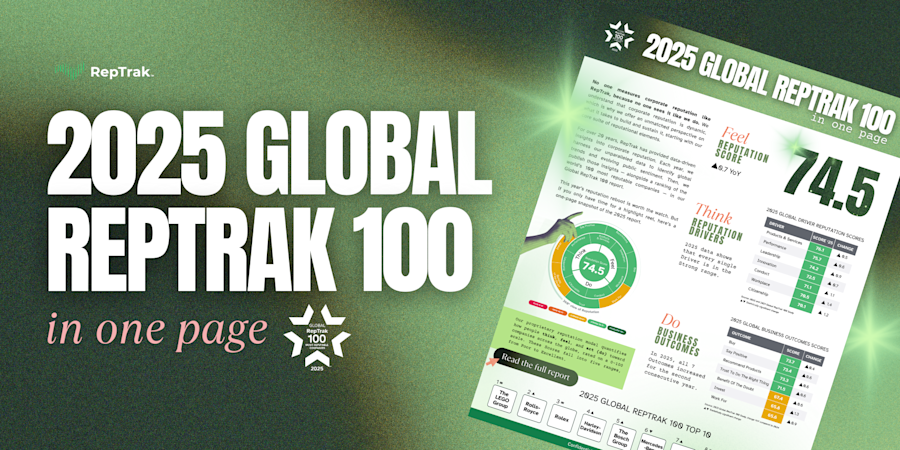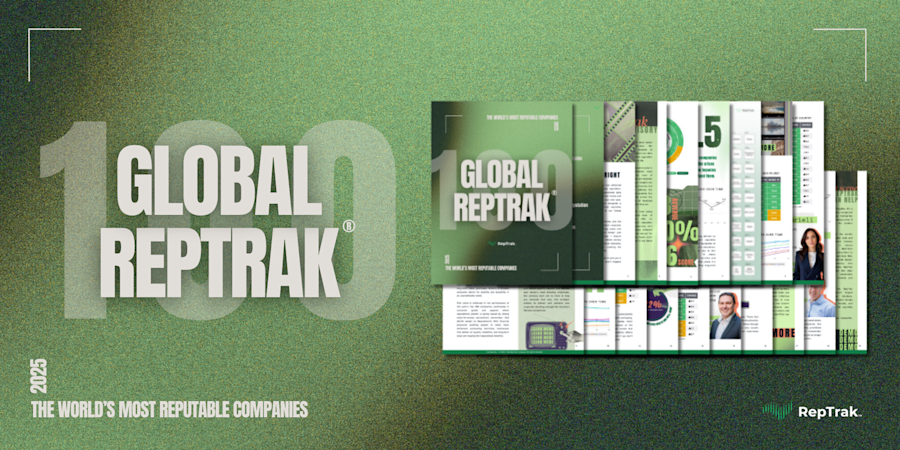How to Communicate Your Purpose-Driven Activities Without Appearing Boastful
Blog Post06 May, 2020
The COVID-19 health crisis has inspired many companies to go above and beyond to do and say the right thing in support of their employees, customers, and communities. That’s a good thing. But the pandemic is also a reminder that what a company says during a crisis, and how it says those things, may be just as important as how that company acts.
Businesses that communicate in a manner that’s relevant to urgent public concerns can expect to see a positive impact on their brand’s reputation. Specifically, companies received a 19.5-point lift in Reputation Score, on average, among those people who were aware of the company’s efforts around COVID-19 versus those who were unaware, in our recent survey of consumers in Spain.
At the same time, companies must resist the temptation to overhype their own generosity (or, as some call it, “coronawashing”), or to focus only on their products and services. Otherwise, they risk appearing boastful, arrogant, and out of touch with the needs of real customers.
By continuing to live your company’s purpose, and by communicating your positive activities in ways that demonstrate honesty, empathy, and humility, you can enhance your brand’s reputation. This benefit will continue long after the short-term crisis has given way to a new reality and an eventual recovery.
Consider these six rules to put your company in the best light in all of your communications.
1. Be meaningful, relevant, and truthful
Emphasize those efforts that address customers’ immediate concerns regarding safety and security, rather than trying to promote your products and services. This includes measures to protect employees’ and customers’ well-being, as well as charitable efforts that help the public at large. This approach will resonate with the public.
Optimism is good, but don’t over-promise what your company can continue to deliver in the long run; the longer the pandemic and recession last, the more difficult it may be to sustain those efforts. For example, even companies that have pledged to avoid layoffs have taken care only to commit to this for a limited timeframe. This earns them public goodwill in the short term while leaving them flexibility to adjust their strategies later without appearing to go back on their earlier promises.
2. Focus on positive, helpful messages
Some of the best messages are the most modest. In an effort to prevent new COVID-19 infections, Nike shuttered its brick-and-mortar stores and rendered its famous advertising campaigns largely silent, instead asking customers “to play inside, play for the world.” Fans rewarded the company by making Nike’s website the top online fashion destination during the month of March, according to online traffic monitor SEMRush.
In a similar vein, Uber implored its customers to stay at home with the message, “If you stop moving, together we can end this virus.” The company instead has refocused its efforts on programs like Uber Eats, which is focused on food delivery.
3. Put personal brands on the back burner
CEOs have become the leading voice for companies as they seek to present a more human, empathetic face. To that end, our recent U.S. study found that consumers want CEOs to focus on workplace, citizenship, and governance issues, not their traditional priorities of products and services or financial performance. In fact, according to that U.S. study, less than half of the public wants to hear about companies’ financial performance during this time of crisis.
Now is also not the time for CEOs to try to advance their personal brands. That said, those executives who can demonstrate care and empathy in these most difficult of times are likely to see their personal brands increase as a result.
4. Enable your employees to be your ambassadors
An equally effective way of communicating your purpose-driven activities is to turn your employees into company ambassadors. Our U.S. study revealed that 63% of respondents felt that companies should use employees to communicate their business’s activities to the public.
Concern for employee well-being is now a top driver of reputation, so it’s critical to focus on helping your workers get through this pandemic, and then making them feel a part of the relief efforts, so they will want to advocate for their employers. Providing concrete benefits to your workers, such as hand sanitizer and face masks, is a good start, but providing consistent updates to employees about what you’re doing can go a long way. The message is this: Take care of your employees, and they will help take care of your business.
5. Utilize the right channels
Where you communicate is just as important as how and what you communicate. Inbound channels—like a company’s own website—are the most appropriate ways to spread news of a company’s positive activities, according to our U.S. survey.
And, while it’s difficult to break through the continuous noise of pandemic-related news, don’t ignore the media as a way to reach the general public. Consumers are more likely to think highly of companies when they hear about charitable and relief activities through third parties, especially traditional media, than when they hear about them solely from the companies themselves.
6. Monitor the response, and adjust your message accordingly
Overall, we’ve found increases in recent monthly Reputation Scores across the companies we track. This is partially because so many companies have done their best to be thoughtful and compassionate, and because many of these efforts have garnered attention on social media and in the press. But with the pandemic and recession still in their early days, no doubt public opinion will change over the coming months.
There is no playbook for how to do business in a post-pandemic recession, so when in doubt, act cautiously. Monitor your company’s Reputation Score, and then adapt and respond to the market’s feedback accordingly.
Above all, now is the time for your company to live its purpose. Consumers will see through self-serving, short-term opportunism. Instead, messages of humility, compassion, and empathy will resonate with consumers, who in turn will remember and reward these companies long after the pandemic has subsided, and the recession has faded.
Stephen Hahn-Griffiths Executive Vice President The RepTrak Company @shahngriff





